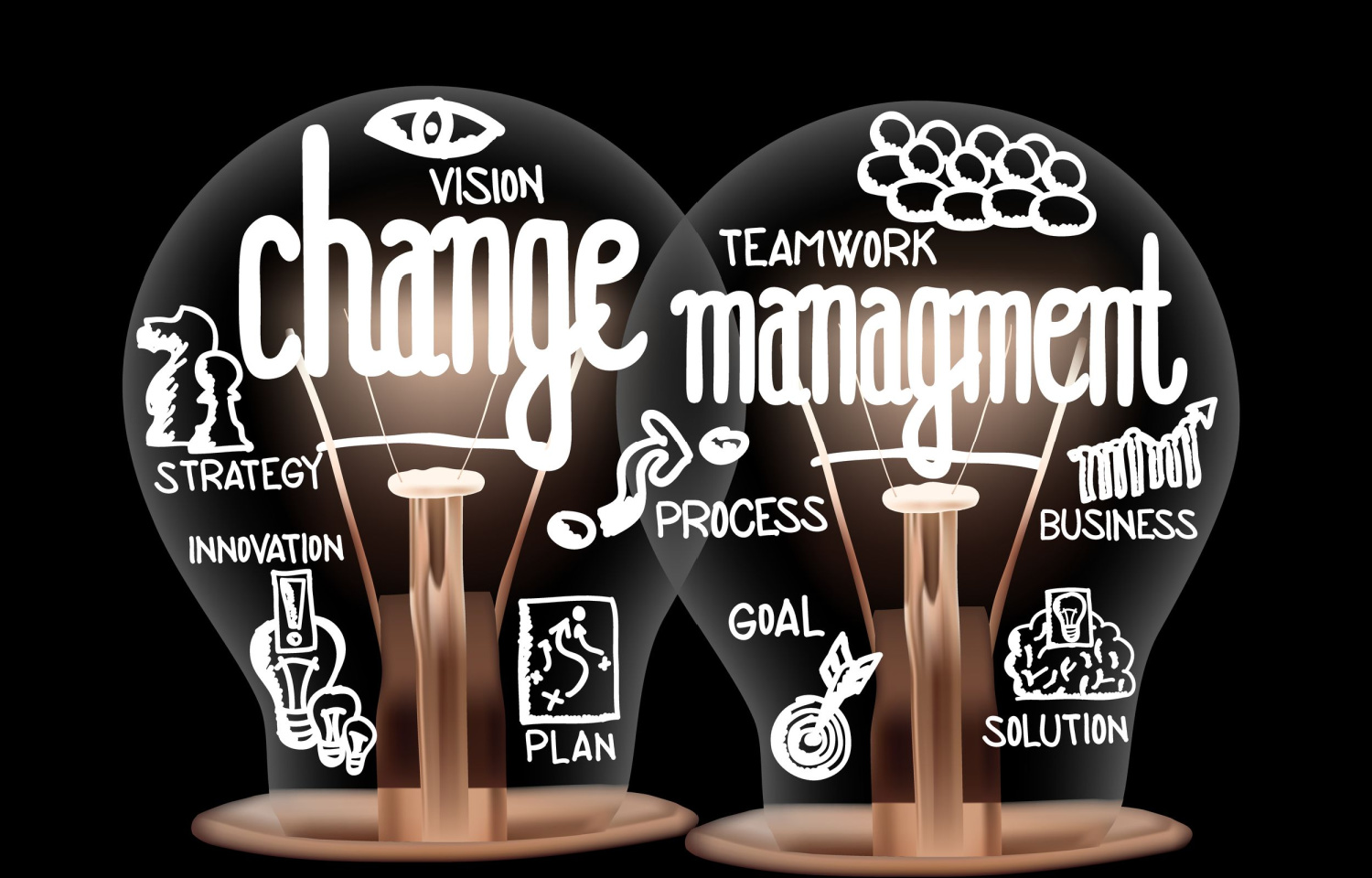
Improving Flexible Work Arrangements: A Comprehensive Guide
Intro Improving flexible work arrangements is crucial for organizations looking to attract and retain top talent in today’s competitive job market. As more employees seek a better work-life balance and flexibility in how and where they work, it’s important for companies to adapt and offer flexible work options. In this










